Gas giants Shell and GLNG fire warning over Labor intervention
Shell and GLNG, two of the big Queensland LNG investors, have fired a warning to Labor over intervention in the sector to calm a gas crisis.
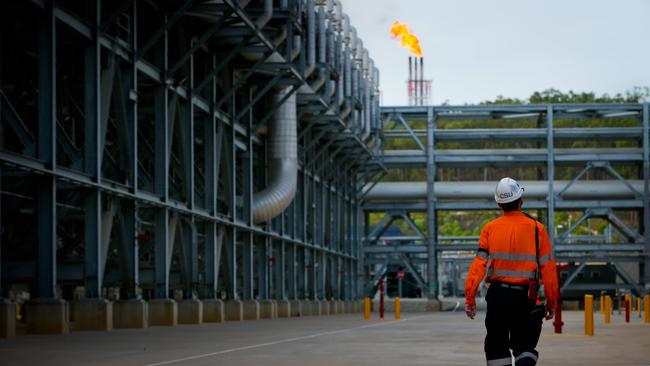
Two major gas operators, Shell and the Santos-backed GLNG export venture, have cautioned the Albanese government against intervening in the industry and say it could ruin Australia’s reputation as a reliable energy supplier.
The government is considering a scheme to reserve gas for east coast users, and direct intervention to increase supply is also on the table, as it battles energy shortages that have driven a spike in electricity prices.
Shell, one of the biggest gas producers in Australia, said it was opposed to retrospective gas reservation and was wary of changes to the gas trigger to moderate skyrocketing gas prices.
“A retrospective reservation of gas on the east coast of Australia now would on balance create more risk for investment than the benefits that would come for consumers. We’ve got to recognise that these are balancing acts,” Shell Australia chairman Tony Nunan told The Australian.
“To do it retrospectively when contracts are in place and when we as a country have such a significant role in the provision of energy – both here to our domestic customers, but also globally – means the risks would outweigh any benefits (from) reservation.”
Western Australia’s regulations require 15 per cent of gas reserves at LNG export projects to be set aside for use within the state, and the federal government is considering whether such a scheme could be replicated on the east coast. The existing gas trigger could be used to force big LNG exporters, including Shell, to divert more supplies from their Queensland export plants to domestic users, via the Australian Domestic Gas Security Mechanism, if a shortfall is declared.
The industry is on edge after Resources Minister Madeleine King suggested the mechanism may be reviewed as part of a suite of measures to respond to the energy squeeze, raising concern a measure to control prices could be introduced in the ADGSM.
The Shell chairman said the industry was responding to the tight energy situation and said policies must allow competition and investment in the sector.
“Our strong advocacy is always for competition, because we think that leads to the best results for consumers, and also further investment,” Mr Nunan said.
“Any policy positions that are considered, I think we’ve got to make sure that we keep those core because without competition, I think you end up over the long term with worse outcomes for consumers. And if we don’t have the right investment environment, we’re not going to be able to ensure the resilience of the future energy system.”
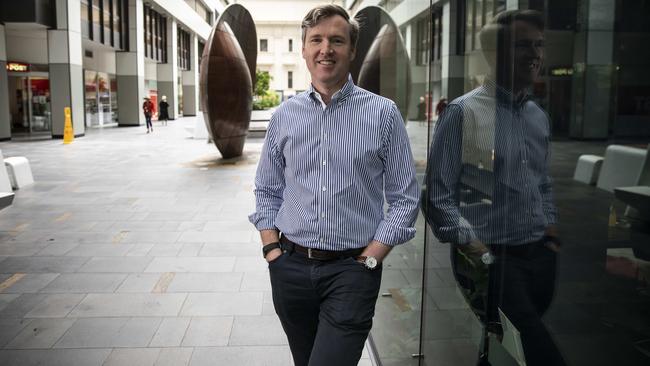
The Santos-backed GLNG project – which counts France’s Total and Malaysia’s Petronas as partners and operates next door to Shell’s QCLNG export scheme in Queensland – also fired a warning to the newly formed government over the prospect of new policy measures.
“The Queensland gas industry has swiftly responded to the elevated domestic gas demand. Last week pipeline transportation usage between Queensland and the southern states was near capacity,” GLNG Operations chief executive Stephen Harty said. “Regulatory intervention at this stage would do little to help the situation in Victoria or NSW, while at the same time causing significant harm to Australia’s reputation as a reliable energy supplier.”
After regulators invoked emergency supply provisions, gas from southern states was flowing at 98 per cent capacity on Thursday, with Queensland producers diverting gas through the South West Queensland pipeline that connects the state to NSW, Victoria and South Australia.
GLNG assigned blame for the tight power market to the string of coal-fired power plants that remain out of action across the national electricity market.
“The current electricity crisis is a perfect storm of cold temperatures and power plant outages, and gas will continue to step in to underpin the grid and keep the lights on,” Mr Harty said.
“Industry needs to prioritise the return to service of the 30 per cent of the grid’s power plants that are currently off-line because that is the quickest way to drive down prices and free up large amounts of gas for retailers, businesses, and manufacturers.”
A rare cap on gas markets of $40 a gigajoule – five times higher than a year earlier – remained in place on Monday for Sydney, Melbourne and Brisbane, after wholesale prices soared to 80 times normal levels following a cold snap and the collapse of Weston Energy in late May.
Shell’s Australian boss said all energy generators needed to work together to deliver a supply response that should help soothe elevated prices.
“Our job has been to respond strongly by putting as much gas as we can into the domestic market. Likewise, all other fuel sources will need to do the same. Because it’s only going to be a collective effort of increasing supply across the entire market that’s going to help to alleviate the pressures we’re seeing today,” he said.
Australia’s domestic gas markets had been performing well for the bulk of the last year and Mr Nunan said there was no shortfall that currently justified the ADGSM to be triggered.
“What we’ve seen is 10 months where the markets have been well supplied at a discount to international prices, and two months where electricity markets have required more power from gas because of outages elsewhere. And then the gas markets responded to that,” Mr Nunan said. “So I think it’s really important that we ground ourselves in what’s been happening in the market as we come into those conversations around the policy settings.” Shell is one of the dominant players in Australia’s booming energy sector, operating the QCLNG export plant in Queensland, the Prelude floating LNG project off northern Australia along with stakes in Western Australia’s North West Shelf, Gorgon and Browse LNG ventures and gas business Arrow.


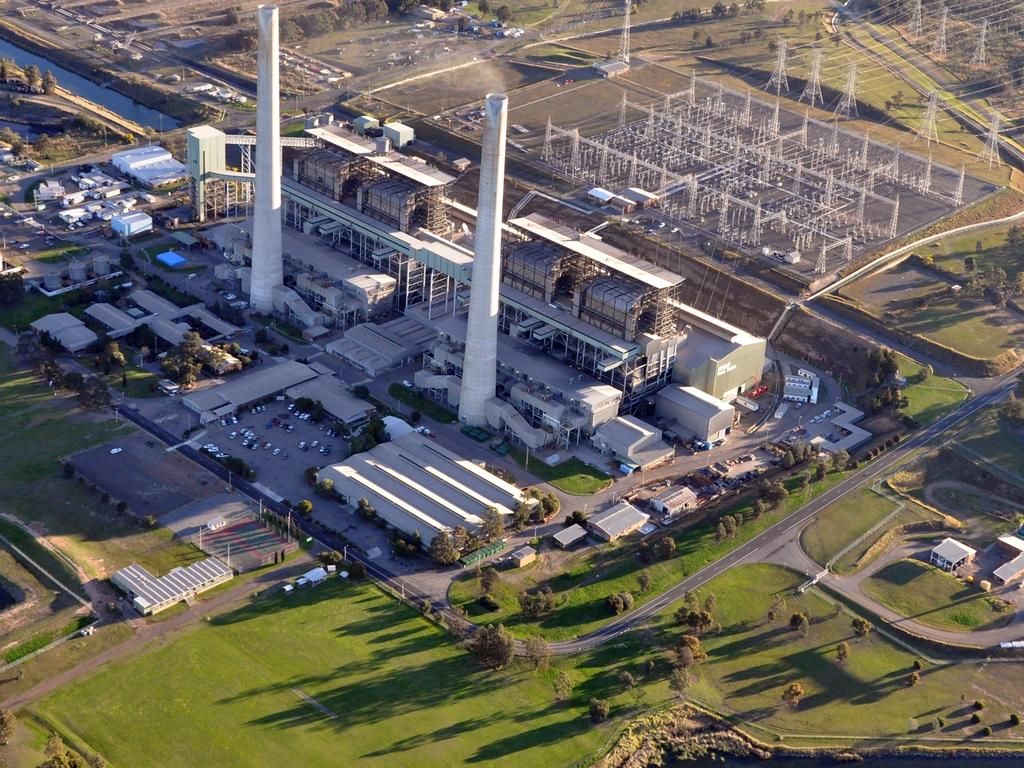
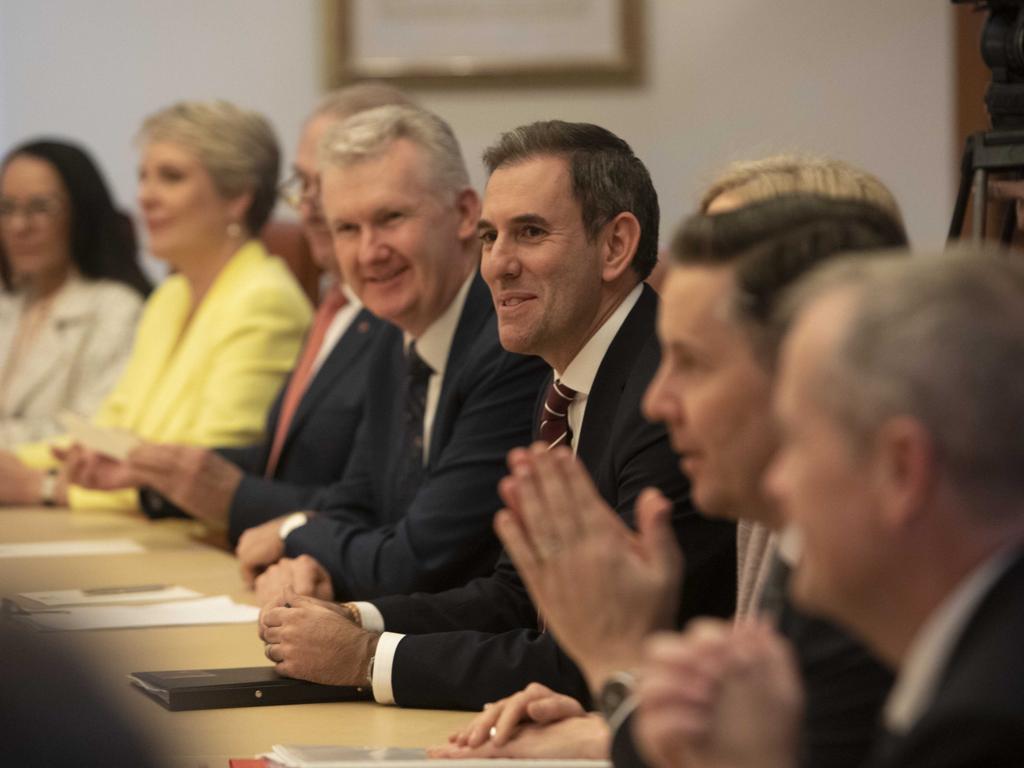

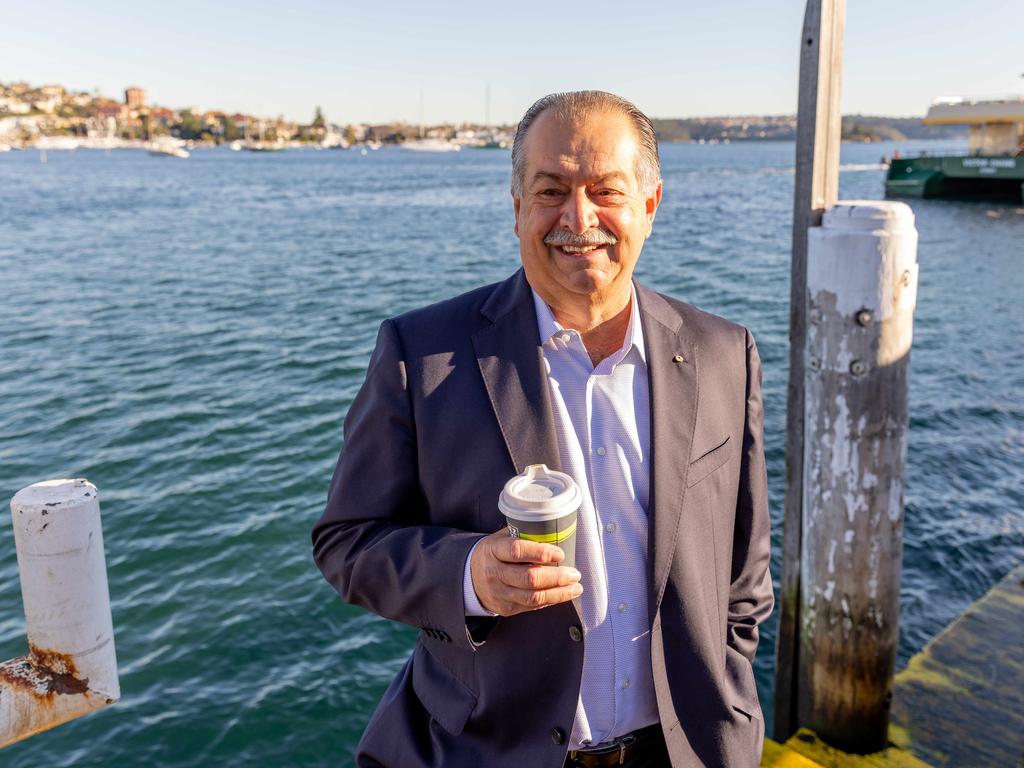
To join the conversation, please log in. Don't have an account? Register
Join the conversation, you are commenting as Logout